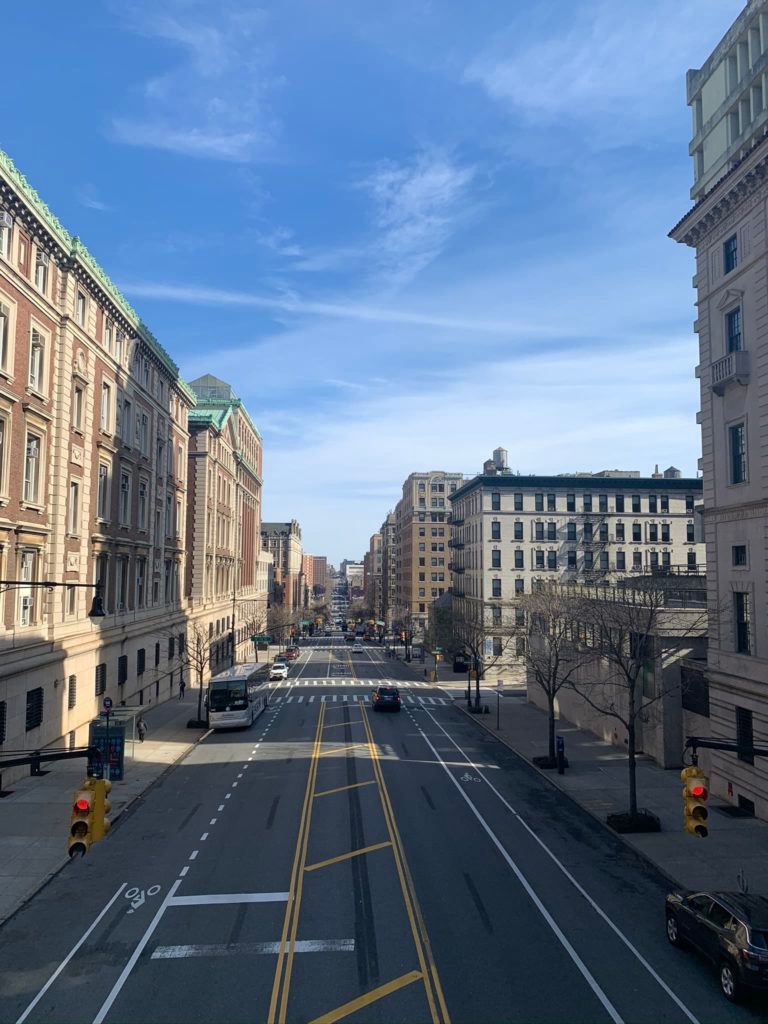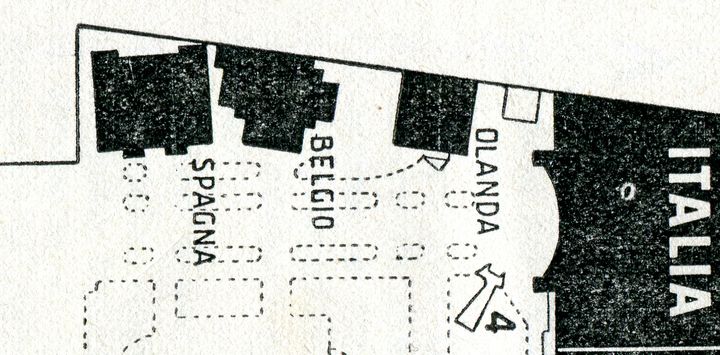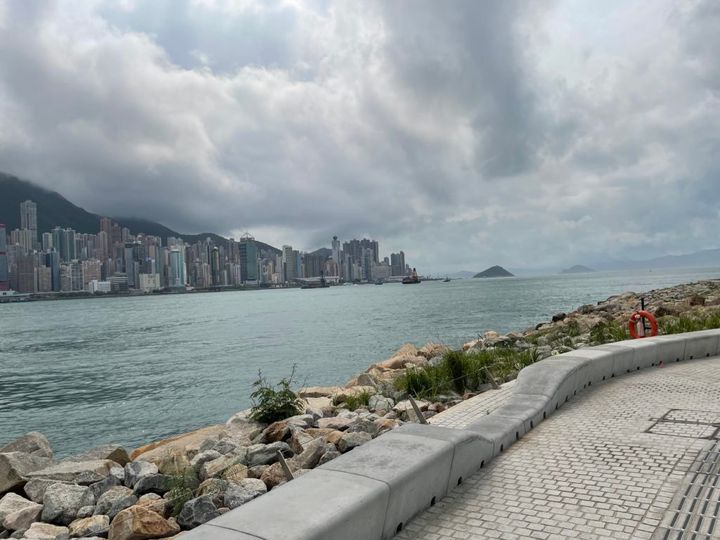The health crisis has confined to varying degrees a large part of the population at home, limiting face-to-face interactions to a minimum. Even in countries like Brazil, where the disastrous management of the situation did not allow for strong and consequent social isolation, the fear of contagion interfered in interpersonal relationships in an unprecedented way. This movement has consolidated the internet as an even more vital environment for teaching, learning, producing, circulating information, and knowledge. This situation came to be associated with a recent movement, but, earlier, of virtualization of the political debate, in which the extreme-right groups have been hegemonic. Openly anti-democratic guidelines, added to the mass production of fake news and negationism have “gone viral” in an unprecedented way, has been challenging the foundations of the democratic world: its institutions, its ways of life, and ways of producing knowledge. In response to this situation, different groups from civil society have been making an intense movement of intervention in the virtual public debate in recent years, which at this moment seems to show their first signs of success. In this effort, the role of the academic community has been meaningful.
The coronavirus pandemic associated with the rise of the extreme-right has contributed decisively to relativizing certainties around some presentation formats and communication that still maintained the disciplinary historical knowledge in a relative but already weakened comfort zone. The academic article, the book, the chapter, the class, the conference, the symposium seem to give space to new formats and languages, such as the live, the virtual class, the video, the blog, the podcast, and the occasional text of public intervention. If they were produced mostly by non-specialists, like journalists, today we can see more and more historians and academics expand their intervention to these new fields.
Two associated concerns seem to be growing among the academic community of historians today: the need to decisively incorporate the online environment into their production and communication practices; and a profound change in the language in use by practitioners of the discipline, which imposes a new literacy process for many historians accustomed to speaking almost exclusively to their pairs. The concern with the accessibility of the communication of historical knowledge and the opening for the debate with the community have been highlighted in recent years and have intensified in these months of the pandemic. At the same time, we see a movement by academic journals in the area to associate the “academic article” format with other forms of production, circulation, and presentation of historical knowledge appropriate to the virtual culture, which, by the way, has been showing a great interest in history.
Today we see the spontaneous acceleration tendency seen in the last decades of the 20th century, another moment in the process of questioning the foundations of the historical discipline, its protocols of knowledge, and communication. The natural border between the past and present and the inevitable process of “cooling” the past had been deconstructed since the last decades of the 20th century. The past-present, arising from the traumatic experience and historical wounds, showed their resistance to fit in such assumptions, imposing a striking disciplinary realignment. Presentation, diffusion, and popularization of history were being renewed, assuming that the aesthetic and fictional element and the various languages are not accessories but a substantial part of the democratized historiographical practice. We noticed the inadequacy of traditional forms of writing history based on the analytical distance to communicate traumatic pasts and marginalized and silenced experiences.
This movement for the democratization of historical knowledge now gains new layers in this moment of deep global crisis. In the moment of danger, when democracy and science are under threat of clearly reactionary and violent forces, we see a movement in society defending democratic institutions and forms of life. One of them is science. If it was indispensable until now to deconstruct the claim of neutrality of scientific discourse and, in particular, of historical discourse, evidencing its epistemic, social, and political circumscription, today, we see the need to defend certain healthy principles of scientific discourse. The shared agreements for the construction of factual truth, the research process, the need for proof, data verification, the public evaluation of results and, above all, the constant reflexive vigilance about sedimented prejudices that can damage knowledge reveal even more clearly its importance in a context where the fake news and the most abject negationism gain angry followers in the public debate. If, on the one hand, science was undeniably used as a legitimizing discourse of racism and oppression, there are healthy elements of scientific practice that are fundamental to keep the democratic society safe. A certain critical control over the “truths” has been increasingly assumed as tasks in the humanities field. Combating negationist, characterized not only by the actual denial of historical facts but also by undue generalizations, decontextualized and biased historical information uses are today one of the historian’s and social scientists’ fundamental tasks. Such combat for science and democracy is today inseparable from the competent use of the tools offered by current communication technologies. The community of historians understands the centrality of the virtual environment in public debate and strives to find their own way to interevent in it. Making history, participating in the public debate, and defending democracy are now, more than before, inseparable.
Luisa Rauter Pereira, professor and researcher in the fields of Theory of History and History of Historiography at the Federal University of Ouro Preto. Executive editor of the História da Historiogradia. International Journal of Theory and History of Historiography.
https://www.historiadahistoriografia.com.br/revista/issue/view/36.
[1] This essay was first published as an editorial for the presentation of the thirty-third edition of Revista História da Historiografia, in August 2020.



